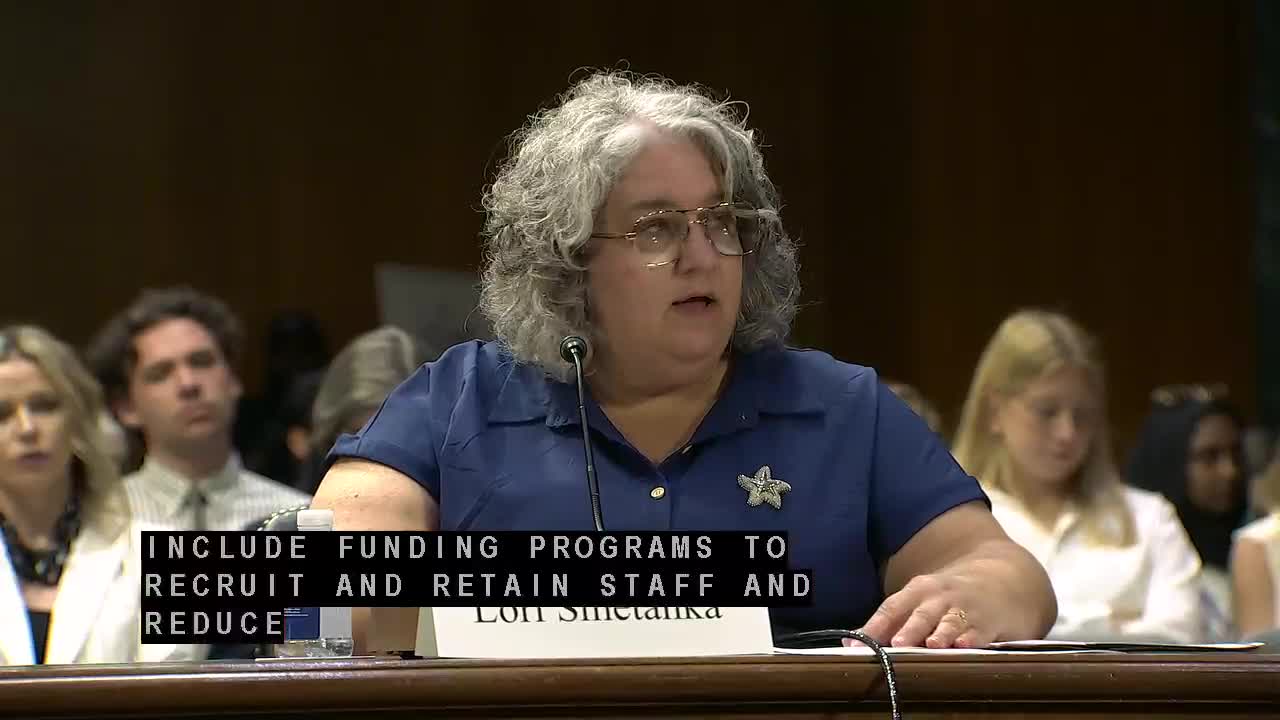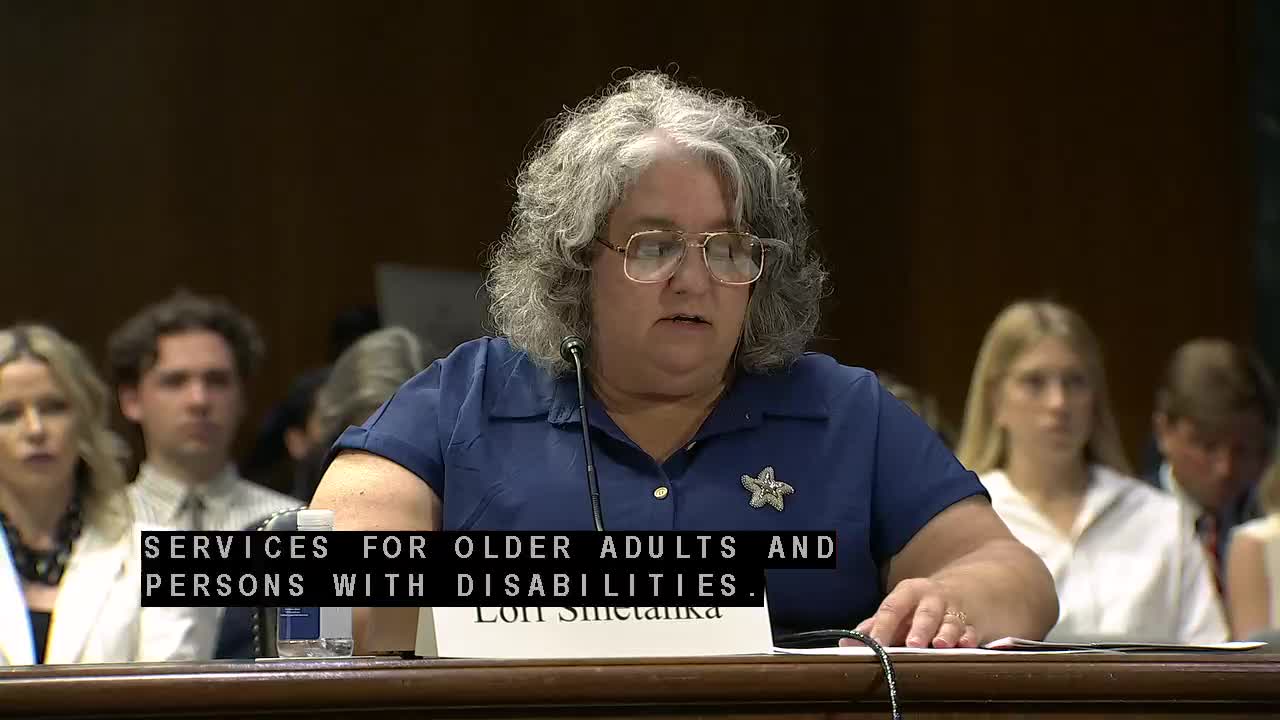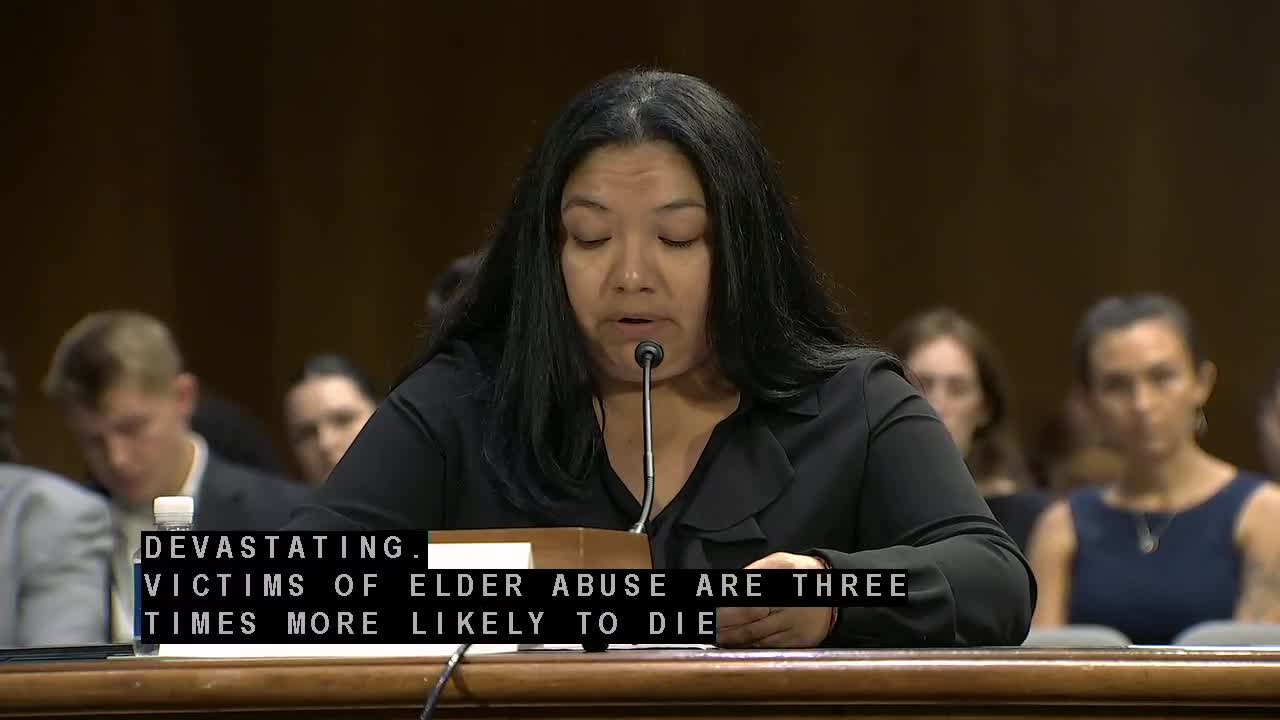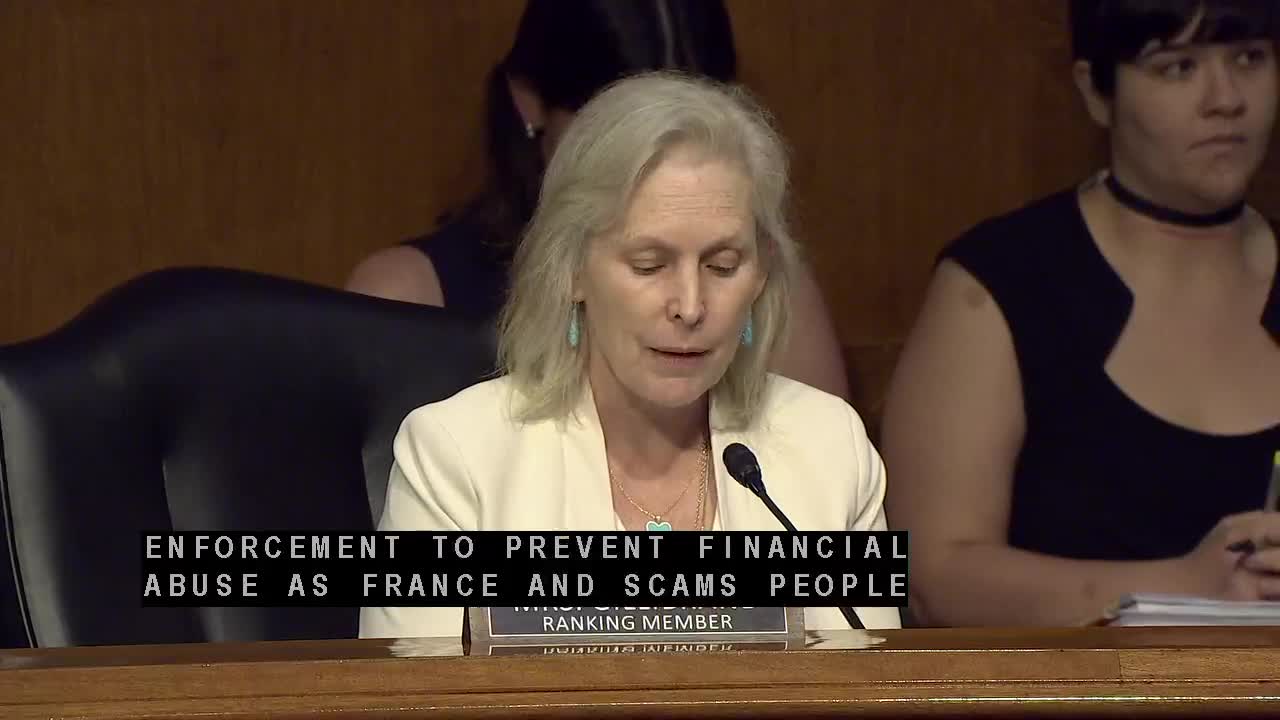Article not found
This article is no longer available. But don't worry—we've gathered other articles that discuss the same topic.

Witnesses call for stronger guardianship reform, research and data collection to prevent abuse and preserve rights

Advocates press senators to boost oversight, staffing and financial transparency in nursing facilities

Area agencies on aging tell Senate their programs find and prevent elder abuse through meals, case management and local trust

Senate hearing spotlights rising financial exploitation of older adults; Guard Act and tech-driven scams central to discussion

